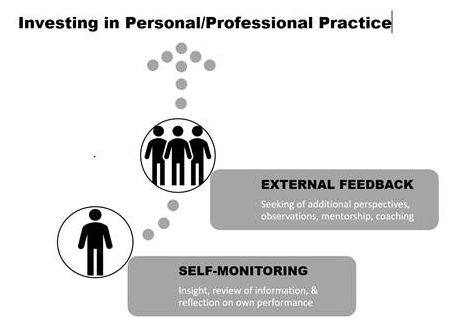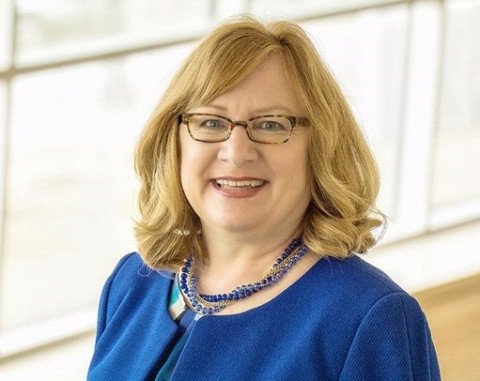Coaching for Peak Performance
MedEdPearls October 2017: How might you use talent development and academic coaching in health care education to enhance your learners' performance, reflection, and goal attainment?
COACHING for peak professional performance is making a strong appearance in academic health science organizations. But, use of the word coaching can be confusing with so many applications including life coaching, academic coaching, and peer coaching.
The attached infographic offers a snapshot of the defining features of TALENT DEVELOPMENT COACHING. Talent coaching is an investment in individuals and could be considered a personalized form of faculty development. It is based on a focused model of inquiry and reflection that helps shape performance.
To get a better understanding of ACADEMIC COACHING, the American Medical Association Accelerating Change in Medical Education Coaching Handbook has just been released. Academic coaching aids learners by discovering opportunities found within a variety of information streams including direct observation, objective assessments, and goal attainment.
Both models, TALENT DEVELOPMENT COACHING and ACADEMIC COACHING, embrace the core concept that reflection and feedback are valuable throughout, and in support of, a successful career.

Tell us about coaching success stories, benefits, organizational resources, and important references on Twitter via #MedEdPearls!

Linda M. Love, EdD
Office of Faculty Development
University of Nebraska Medical Center
unmc.edu/facdev
Additional Information
- Jean Bailey, PhD – Virginia Commonwealth University School of Medicine
- Carrie Bowler, EdD, MS, MLSCM (ASCP) – Mayo Clinic School of Continuous Professional Development
- Kristina Dzara, PhD, MMSc (Educators ’16; Assessment ’16; HCE 2.0 ’17) – Saint Louis University School of Medicine
- Shanu Gupta, MD, SFHM – University of South Florida Morsani College of Medicine and Tampa General Hospital
- Jennifer Hillyer, PhD – Northeast Ohio Medical University
- Larry Hurtubise, PhD, MA (HCE 2.0 '16) – The Ohio State University
- Anna Lama, EdD, MA – West Virginia University School of Medicine
- Machelle Linsenmeyer, EdD, NAOME (Assessment ’07) – West Virginia School of Osteopathic Medicine
- Skye McKennon, PharmD, BCPS, ACSM-GEI – Washington State University Elson S. Floyd College of Medicine
- Rachel Moquin, EdD, MA – Washington University School of Medicine
- Stacey Pylman, PhD – Michigan State University College of Human Medicine
- Leah Sheridan, PhD – Northeast Ohio Medical University
- Lonika Sood, MBBS, MHPE – Washington State University Elson S. Floyd College of Medicine
- Mark Terrell, EdD – Lake Erie College of Osteopathic Medicine
- Stacey Wahl, PhD – Virginia Commonwealth University School of Medicine
Harvard Macy Institute
Harvard Macy Institute
The Harvard Macy Institute educates, connects, and serves health care leaders around the globe by providing advanced faculty development programs, thought leadership, and impactful networking opportunities.
6 Programs

